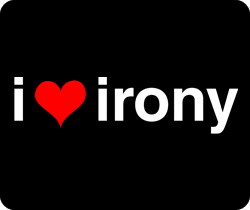It’s time for another spin of the “Ask a ScienceBlogger” wheel! The question this time is:
Assuming that time and money were not obstacles, what area of scientific research, outside of your own discipline, would you most like to explore? Why?
You may recall that I chose to leave chemistry for a career as a philosopher of science. Near the end of my time in chemistry, I was pretty anxious to leave the lab behind — preparing solutions, calibrating (and repairing) pumps, washing glassware, etc. So I’m actually a little surprised at my own answers to the questions, since I find myself drawn back to experimentation.


 My
My